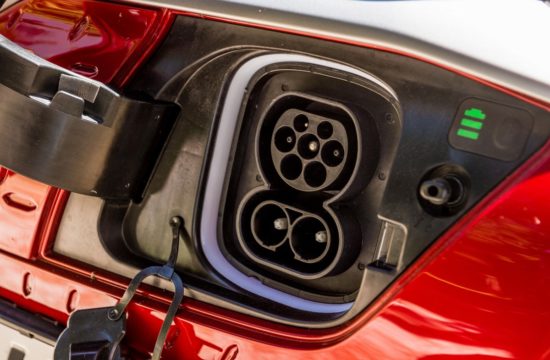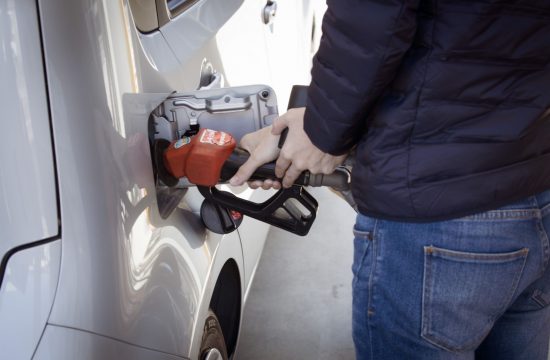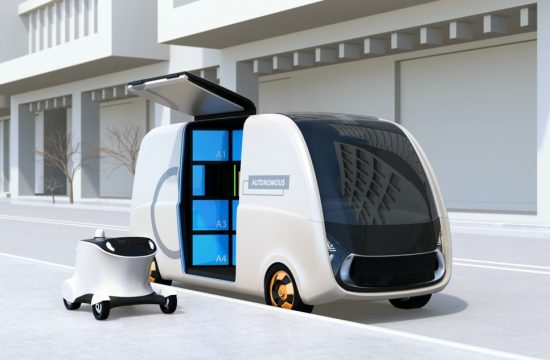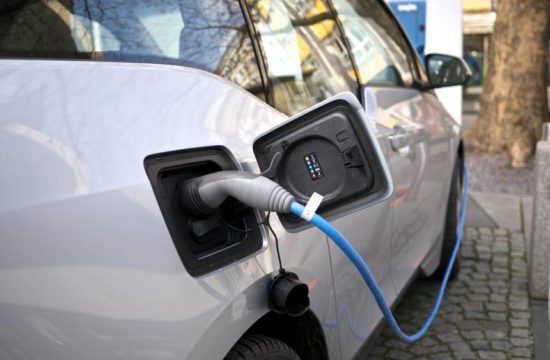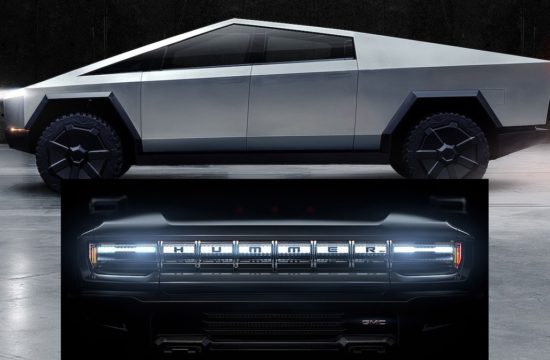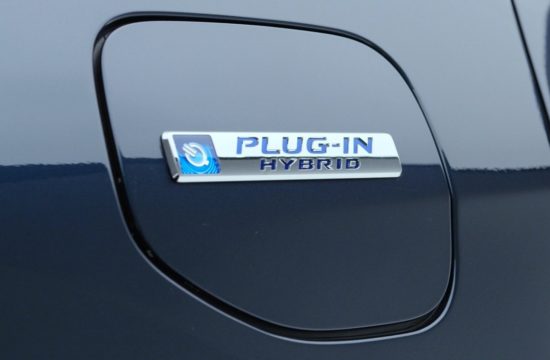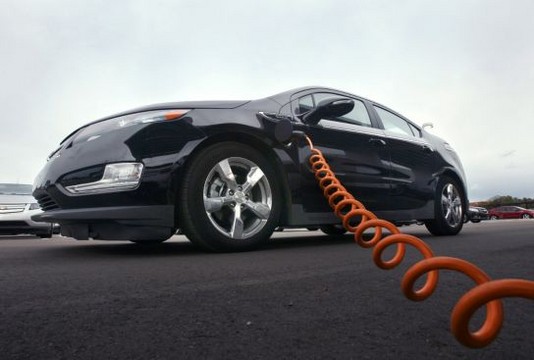
Just because you charge your electric car from a plug at your house and doesn’t pay money to man right after it’s charged doesn’t mean it won’t cost you anything. That much is clear, of course, but no one’s sure how much it actually costs to fill up an EV with electricity, because your electricity bill doesn’t distinguish it. Now though , there might be a way.
OnStar is testing a new smartphone application, called EcoHub, which can calculate the cost by pulling overall home energy usage data, provided by an energy data source, such as a utility or smart meter company. The app is also capable of comparing Volt’s energy use with the total energy consumed in your house.
The EcoHun also collects Volt charging information from OnStar subscribers and Volt owners who opt in for EcoHub. The energy use data is then aggregated to show vehicle owners exactly how much energy is being used on a daily, monthly or yearly basis, while showing what percentage of that energy went to charging the Volt.
It is believed that fully charging an electric car costs roughly the same, on the long run, as filling up a small hatchback with diesel (in Europe). That is fair enough. But filling up a car with diesel takes about 5 minutes, whereas fully charging an EV takes, well, nearly half a day.
Good thing then the Volt comes with a range-extender engine. It can travel an average of 38 miles on one full electric charge before its onboard gas-powered electric generator kicks in.

